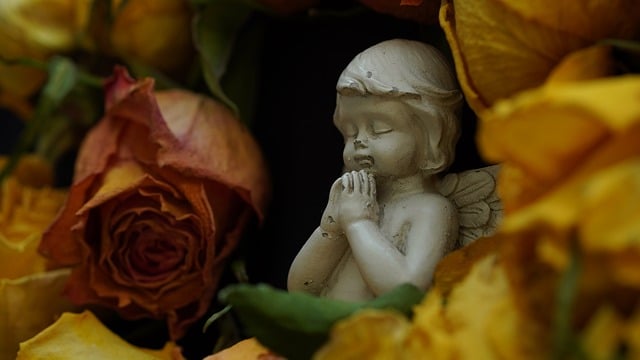We've all heard of people who identify themselves as "spiritual, but not religious." Who are they? What do they believe? We should have many opportunities to find out in the coming years. After all, a recent Gallup poll shows that 33% of Americans describe themselves this way.
Some atheists will celebrate this. They'll consider it more evidence of the declining influence of organized religion. Others will question whether this reflects progress. They'll argue that "spiritual, but not religious" is replacing one type of woo with another. Who's right?
Like so many other things, it depends. To my mind, it depends on what "spirituality" entails for the person using the label. I see some approaches to secular spirituality as a step in the right direction. I'm also aware that not all forms of spirituality are secular. Some involve woo that might not be much of an improvement. And yet, I still think they may reflect some improvement.
How so? Trading religion for spirituality suggests a drop in the power of religious institutions. I regard that as progress. The combination of religion and power bothers me far more than religion by itself. I'd welcome a reduction in the power of organized religion.
I'm aware that some may accuse me of a lack of skepticism for what I'm about to say. I am willing to entertain the possibility that spirituality without religion has value. I am not convinced that this is the case, but I'm open to it. A spirituality void of the obsession with dictating how others live doesn't sound so bad. It might not be for me. I could respect how it might be for others.
I hate romantic comedies, but I'm glad they exist. I'm glad they exist because I know they bring pleasure to some. I have no interest in watching them, but I accept that others enjoy them. As long as they don't penalize me for not liking them, we're okay. This reminds me of "spiritual, but not religious."
This seems to be where organized religion falls apart. Imagine fans of romantic comedies deciding that everyone else needed to be a fan too. But that wouldn't be enough because it is never enough. They'd have to ban all other genres because theirs was the "right one." They'd pass laws to enforce conformity to their preferences. They'd punish those who didn't go along.
So yeah, I see "spiritual, but not religious" as a step in the right direction. It seems healthier to me. I picture a spirituality that isn't concerned with promoting itself. I imagine a spirituality that doesn't aim to impose itself on others. I view that as progress.
